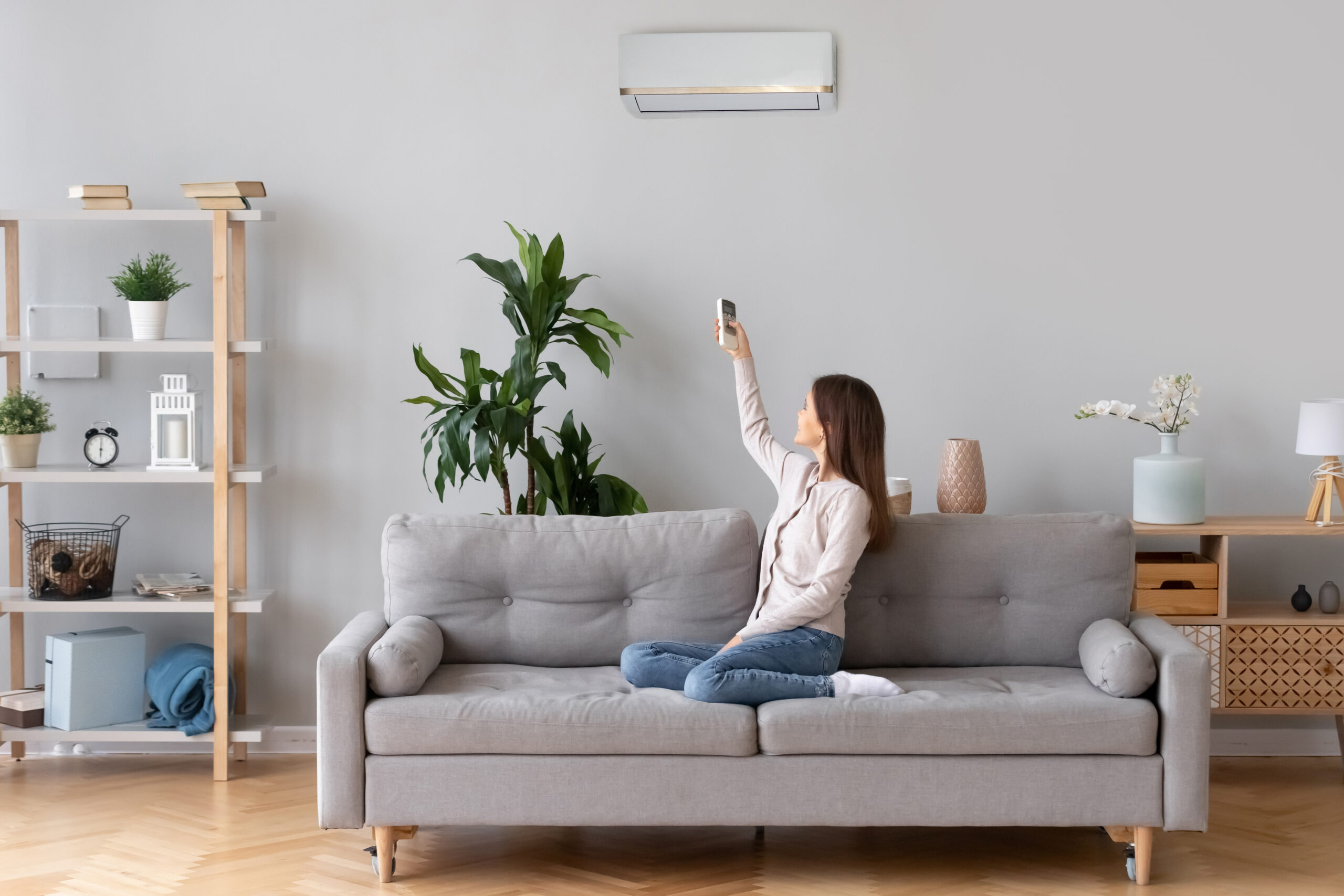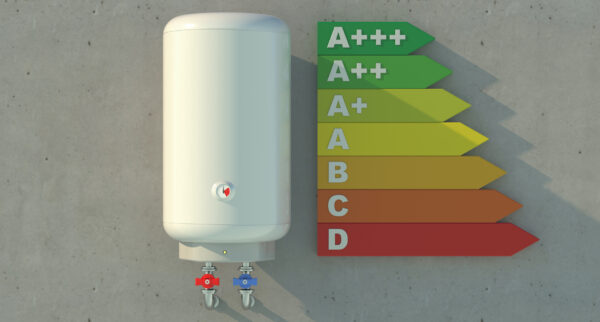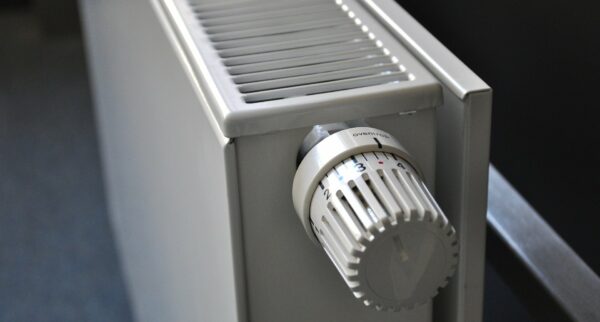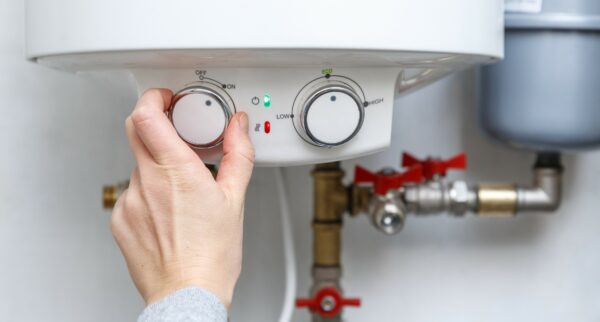
Air conditioning offers a whole host of benefits – particularly during the summer months. After all, there’s nothing like that refreshing blast of cool air as you come in from a busy day out in the sun! But if you want to make the most of your air conditioning, it’s well worth doing your research to find the perfect option for your property.
There are so many different styles and setups to choose from, all of which come with their own pros and cons, energy-efficiency, smart systems, noise levels and flexibility are all factors to bear in mind. Read our guide to buying the right air conditioner and you’ll soon be in the know about all things air con.
The key types of air conditioner you need to know about
Before you make a decision as to which air conditioner to buy, you’ll want to know about all the options. These are some of the most popular styles of air conditioning units for residential properties – and their pros and cons.
Window-mounted air conditioning
One of the most popular air conditioning options is the window-mounted unit. Ideal for smaller properties where the unit won’t be under huge amounts of pressure, this is a flexible system that’s easy to install.
Window-mounted air conditioning units are, as their name suggests, installed within a window. They therefore make use of the room’s existing ventilation. There are many different types of window-mounted air conditioning units to choose from. Some provide cooling and heating options, while others focus entirely on reducing the temperature of the room.
The clear benefit of these units is of course the ease with which they can be installed in any suitable property. They also tend to be quite affordable in comparison to some of the more high-tech air conditioning installations. However, there are of course downsides to consider. As the units are mounted within the window they must be the correct dimensions for the existing window openings. They can sometimes block a little light depending on where they’re installed, too.
Wall-mounted air conditioners
If you’re looking for a more permanent air conditioning option which will be fitted all year round, you might prefer a wall-mounted air conditioning unit.
Wall-mounted units tend to be installed with their own ventilation. It’s usually created by drilling through to the outside of the building, in order to fit a metal sleeve into the wall. This is then attached to the unit itself, so that warm or cool air can be removed from the room wherever the unit is positioned.
Wall-mounted air conditioning units are usually more compact and subtle. They’re designed to be left mounted on the wall permanently, so they tend to blend in with the existing decor more seamlessly than their window-mounted, or portable counterparts. Wall-mounted units also usually provide a more secure fit than window-mounted options.
Another benefit of these units is their flexibility. Wall-mounted air conditioning systems can be fitted almost anywhere, provided that the metal sleeve can be positioned nearby. Homeowners, therefore, aren’t as restricted when deciding where to situate the unit. If they’re placed in a good spot, they won’t reduce the amount of light that can flow into the room, and they won’t detract from the overall look of the space either.
Wall-mounted air conditioning units don’t need to be removed when the weather turns cooler, so they’re a good option for those who prefer fewer annual maintenance tasks. Some units also come with an in-built heating function to use during the winter, and of course, there are no concerns about storage space for redundant units over the winter months.
Portable air conditioning units
If flexibility is a priority, and you don’t want your air conditioning unit to be permanently situated in one place, then a portable air conditioner could well be your best option. These units tend to be compact, so they can easily be moved from room to room as and when required. They’re designed with this function in mind, so they usually have wheels to allow the unit to be rolled around with ease.
Portable air conditioning units still require ventilation, however. They come with their own exhaust tubes, and these must be fed out through a window or door when the unit is in use. This does mean that the window will need to be open whenever the unit is in use, something which might be seen as a downside if you live in a busy area or you’d prefer to keep your windows shut during the summer.
While portable air conditioning units do present some challenges, there are some real benefits to this brilliantly flexible option. The units can be taken wherever you happen to be in the home, and they can be used to quickly cool whichever spaces are warmest at a particular time. They’re also easy to use with any size window, so you won’t need to worry about choosing a unit for your specific window dimensions.
Many portable air-conditioning units are quite compact, but they will of course take up floor space in a room. If you’re low on space, you might prefer a wall-mounted option for this reason. Portable options can also be quite pricey, as the flexibility they offer does come at a premium. So, if you’re not planning on moving the unit around very much, and you’ll likely use your air conditioning all summer long, a wall or window-mounted unit might be a better option for you.
—
When it comes to choosing an air conditioning unit, the options really are endless. We always recommend that customers make a list of what they’re looking to get from their air conditioning to really narrow down their requirements before they start the search for the ideal unit. If you know what you’re looking for, you’ll soon find an air conditioning option that suits your property perfectly.
Talk to our team for more help and advice on choosing the right air conditioner for your home. We provide air conditioning maintenance, repair and installation services for both residential and commercial properties, and we’re proud to deliver the very highest standards of service for all our customers. Get in touch to find out more.




